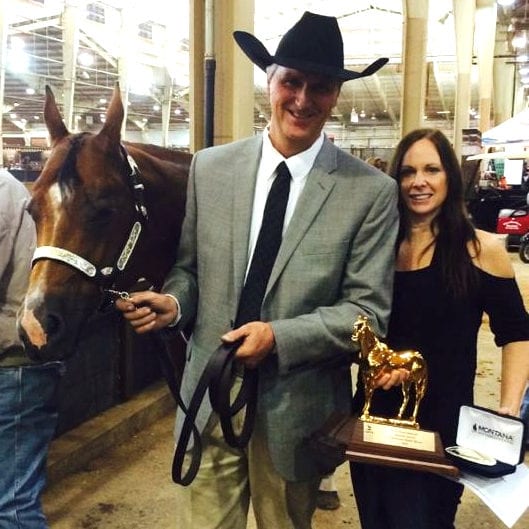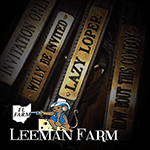In Part 1 of our very popular series, “Don’t Let the Pre-Purchase Exam Own You: Tips for a Seamless Sale,” GoHorseShow provided some in-depth advice on what to consider during a pre-purchase exam. In Part 2, our experts look further into the process with an emphasis on the trust factor and getting the buy-in of everyone on your team.
Trust Your Team
Sometimes the results of a pre-purchase exam are complicated, and for those of us who haven’t attended vet school, it is easy to get overwhelmed. For that reason, it is critical to consult with your trainer, vet, farrier, and any other members of your “team” that will be assisting in the maintenance of your horse.
Select Amateur Joanne Garnett has seen firsthand that vets and other professionals can have differing opinions, and she has learned to have radiographs sent to her personal vet to make sure that they are comfortable with the results. “We like to have a game plan and make sure everyone is on the same page.”
Amateur Caroline Cavallo also echoes those sentiments. “We always get a second opinion and make sure our vet is comfortable with the issues and advises us to go forward with the purchase.”
Trainer, Gil Galyean says that having a team of experts that he trusts is tantamount to his success. “I have to trust the people I work with to do their jobs. We have a team of individuals that collaborate to keep all of our horses ready to go. It is crucial to have everyone on our team on board and feel comfortable with what we are doing,” he says.
All of our experts agree that finding a vet you can trust, making a plan, and sticking to that plan is crucial to success. According to Garnett, “Sometimes, it isn’t just vet work, it is wrapping the horse or special shoes. Follow protocol and make sure you trust the people working with your horse. Make sure you go the extra mile for that horse. It will make them last a lot longer.”
The Expert’s Take
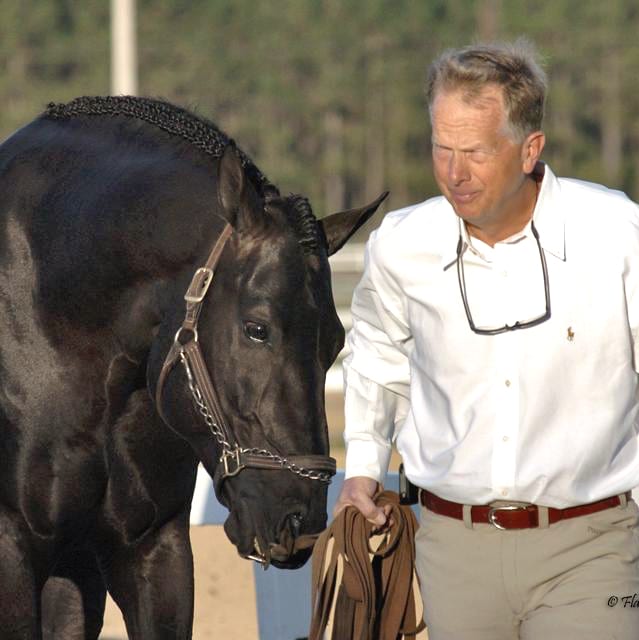 We interviewed Dr. Jim Hassinger, owner, and veterinarian at Hassinger Equine Service in Aberdeen, NC, to get a professional’s opinion on the protocol, process, and interpretation of pre-purchase exams. According to Dr. Hassinger, a standard pre-purchase exam starts with a physical exam. Then, he performs a clinical evaluation where the horse is jogged, longed, flexed, and sometimes evaluated under saddle. The final phase is the radiological assessment.
We interviewed Dr. Jim Hassinger, owner, and veterinarian at Hassinger Equine Service in Aberdeen, NC, to get a professional’s opinion on the protocol, process, and interpretation of pre-purchase exams. According to Dr. Hassinger, a standard pre-purchase exam starts with a physical exam. Then, he performs a clinical evaluation where the horse is jogged, longed, flexed, and sometimes evaluated under saddle. The final phase is the radiological assessment.
“A standard pre-purchase exam costs between $800-$1200, and, in addition to the physical and clinical exams, we recommend four views of each front foot, four views of each hock, and three views of each stifle. Our findings during the clinical evaluation may dictate further imaging if there are any areas of concern,” he says.
Technological advances have brought more in depth radiographs. Accordingly, Dr. Hassinger estimates a 1/100 chance of being “clean” on radiographs. “You rarely see a horse that has completely clean radiographs; they almost all have some abnormality. We see a lot more on radiographs than we used to in the past, which is a good thing, but our team has adapted to using the clinical evaluation to ascertain if what we see in the images is significant or not. Just because there is an abnormality from a radiological point of view does not always mean there is a clinical concern,” he explains.
Although vets do not have crystal balls and cannot predict the future, there is truth in numbers. If Dr. Hassinger has seen many horses with similar issues radiographically with no clinical signs, many times, he will give a recommendation to the buyer to proceed with the purchase as long as no clinical signs resulting from the blemish seen on the radiograph.
Honesty is Always the Best Policy
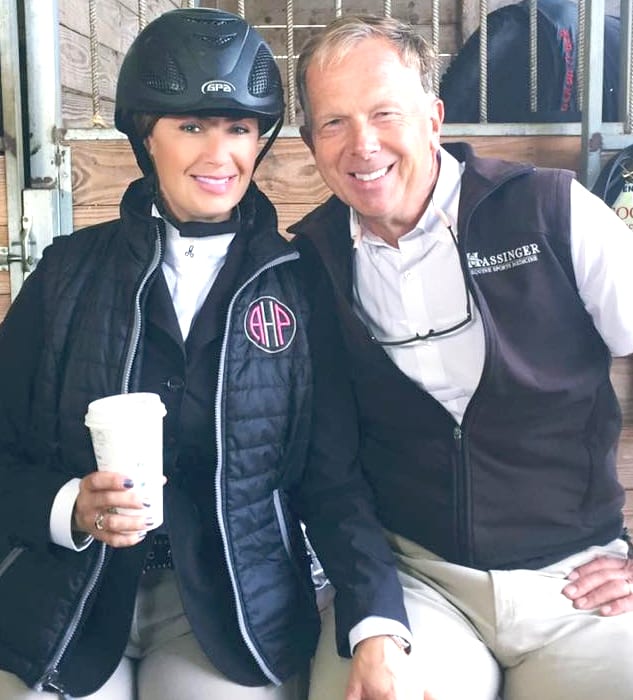 “My advice to sellers is to be honest. If you know that your horse has a problem, make it known to the potential buyer before they ever look at the horse,” Dr. Hassinger states. (pictured left) “Usually, they will accept that issue, but if they can’t, it will save everyone time and money. My advice to buyers is to talk to owners, sellers, and trainers that have a good reputation that will tell you the whole story.”
“My advice to sellers is to be honest. If you know that your horse has a problem, make it known to the potential buyer before they ever look at the horse,” Dr. Hassinger states. (pictured left) “Usually, they will accept that issue, but if they can’t, it will save everyone time and money. My advice to buyers is to talk to owners, sellers, and trainers that have a good reputation that will tell you the whole story.”
Caroline Cavallo and her mother, Gail, consider honesty to be the most important factor in the sale. “If a seller knows something, they should always tell the buyer. If the seller is dishonest, it is easy to start questioning everything they have said. We will pass on a horse every single time even if there were minimal issues if we feel like a seller is hiding something,” she says.
For halter trainer, Dewey Smith, it is not out of the ordinary for his clients to skip a pre-purchase exam altogether. “Most people are honest about their horses and what they have to do to maintain them. We rely a lot on people’s honesty, 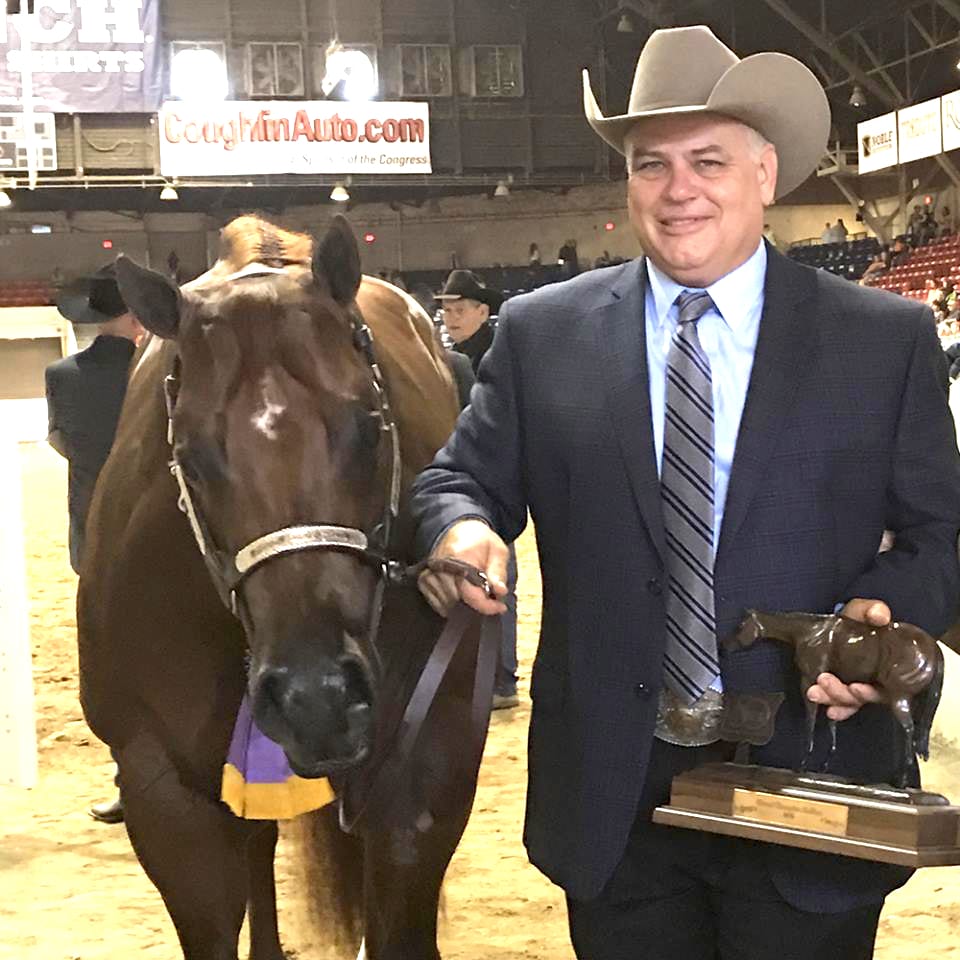 and what we have seen at the shows,” he says. “You should always tell people what you know and allow people to make their decisions.”
and what we have seen at the shows,” he says. “You should always tell people what you know and allow people to make their decisions.”
Above all, according to Ruth Ellen of The Horse Source, Inc, honesty (or the lack thereof) on both ends can make or break a sale. “When the seller comes to the table with a set of radiographs and lets the buyer know how they maintain the horse, there is more disclosure and more transparency, and it makes for a more comfortable transaction,” she says. “My advice to buyers is to find someone you can trust to be your guide and my advice to sellers is to disclose everything you know about the horse you are selling whether it is to your advantage or not. Pretend you are the buyer. What would you want to know about your horse?”
Photos © Courtney Archer, Hassinger, Candice Hall


